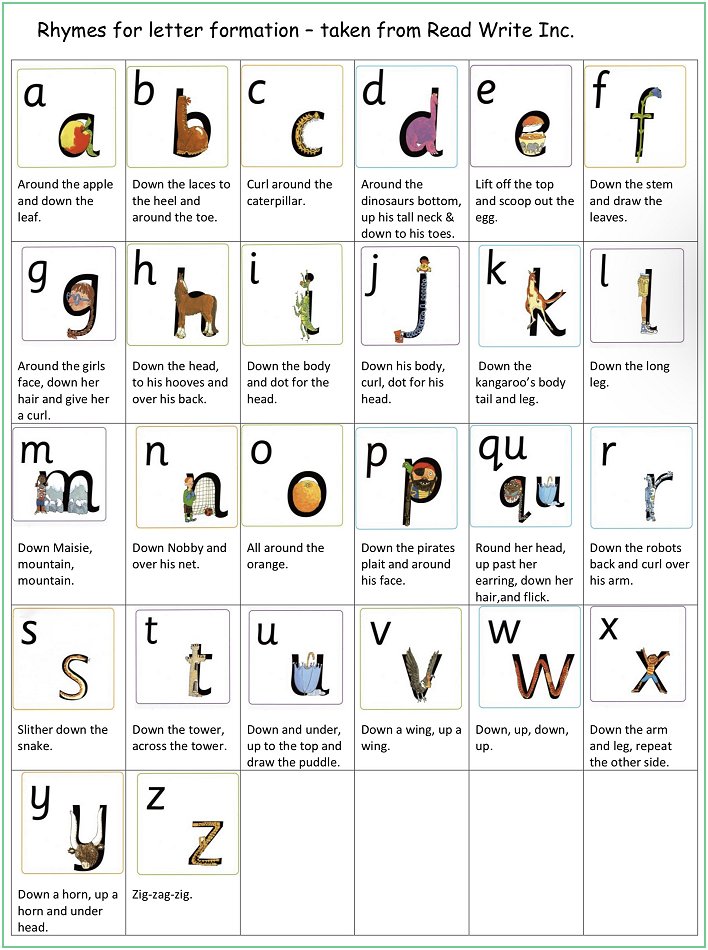English at St Michael's
The Curriculum Leader for this subject is Mrs Regan



Here at St. Michael’s, we aim to develop confident, articulate children who are able to communicate effectively through the written and spoken word – and relish the opportunity to read and write in a variety of contexts; we aim for all children to develop a love for reading and writing which will serve them well throughout their education and adult life.
We use the National Curriculum as a basis for developing the children’s reading, writing, speaking and listening skills. The children undertake a daily dedicated English lesson, including one extended writing session each week.
At St. Michael’s we aim to:
- enable children to speak clearly and audibly in ways which take account of their listeners;
- encourage children to listen with concentration in order to be able to identify the main points of what they have heard;
- enable children to adapt their speech to a wide range of circumstances and demands;
- develop confident, independent readers through an appropriate focus on word, sentence and text-level knowledge;
- encourage children to become enthusiastic and reflective readers through contact with challenging texts;
- help children enjoy writing and recognise its value;
- enable children to write with accuracy and meaning in narrative and non-fiction;
- develop the children’s ability to use planning, drafting and editing to improve their work.
At St. Michael’s, we follow the Read Write Inc programme for Phonics and wider English. This is delivered from the end of Nursery through to Year 2. All staff are trained to deliver quality first teaching. Weekly practice time and coaching sessions delivered by the RWI lead make sure that teaching is at its best.

Our principal aim is to develop children’s knowledge, skills and understanding in English. We do this through a daily lesson that has a proportion of whole-class teaching. During these lessons, children experience a range of activities covering expected objectives. They have the opportunity to experience a wide range of texts and use a range of resources to support their work.


Wherever possible we encourage children to use and apply their learning in other areas of the curriculum. Making links between curriculum subjects and areas of learning can deepen children’s understanding by providing opportunities to reinforce and enhance learning. It can enrich the curriculum and support achievement and enjoyment.
Targeted support is put in place for those children working below age related expectations in key areas including language acquisition, reading and writing.
However, at St. Michael’s Nursery and Infant School we see English teaching as something that must be, and is, embedded across all lessons and activities across the day. From speaking clearly and articulately to lunchtime staff, to writing at length as part of a history topic, the development of key literacy skills are of paramount importance to our school curriculum.
There is also an emphasis on giving children the technical knowledge and language through which they can discuss and improve their work, helping them to become reflective and proactive learners. They are explicitly taught grammar terminology and spelling rules.
Children in our school spend lots of time reading. Our reading curriculum allows pupils to read for pleasure as well as widely and often, and allows pupils to take quizzes to test their knowledge and understanding. Children have access to a wide variety of books in their classrooms and have access to the local Library which we visit throughout the year. We encourage all children and families to become members of the service.


Reading is developed using a variety of strategies across the school: Across school, texts are read together as a whole class, in pairs and individually. Reading strategies are modelled, discussed and practised.
In the teaching of spelling and phonics, we have established consistent practice, progression and continuity throughout the school.
A systematic synthetic programme (RWI) is used to support the teaching of phonics. Lessons are taught daily in Reception and Key Stage 1 classes. From September 2020, we have followed the DfE accredited SSP: Read, Write Inc.


Want to help your child to write at home?
Please use the Read Write Inc handwriting phrases to teach them how to form their letters.


Some parents enjoyed joining their child for a Language and Literacy lesson to find out more about how best to support and extend learning at home. ⭐️
